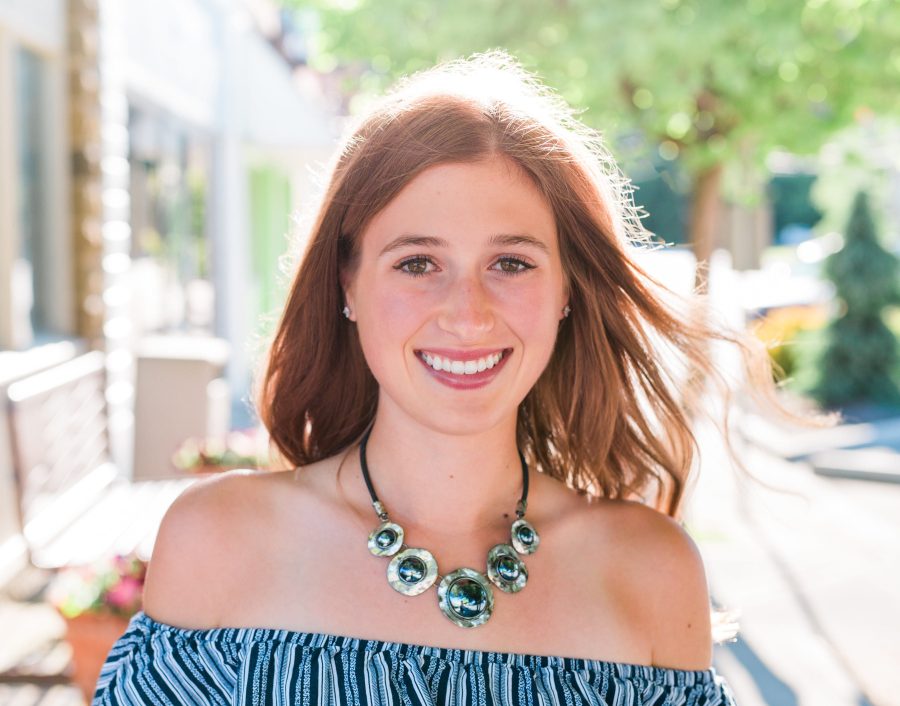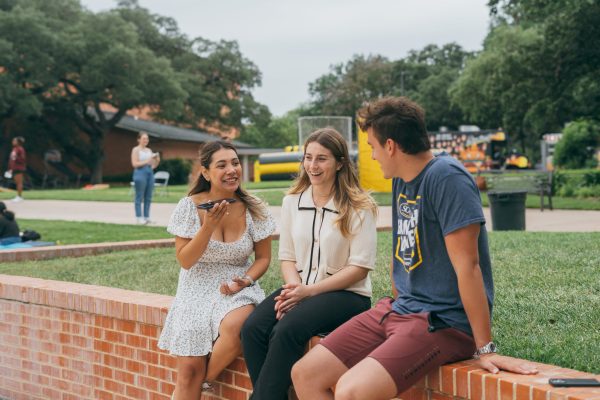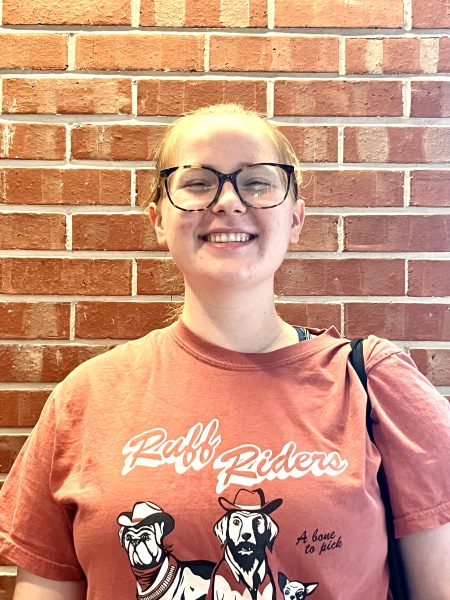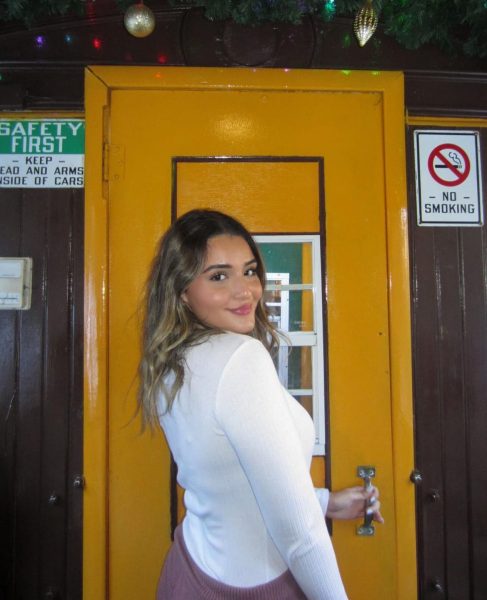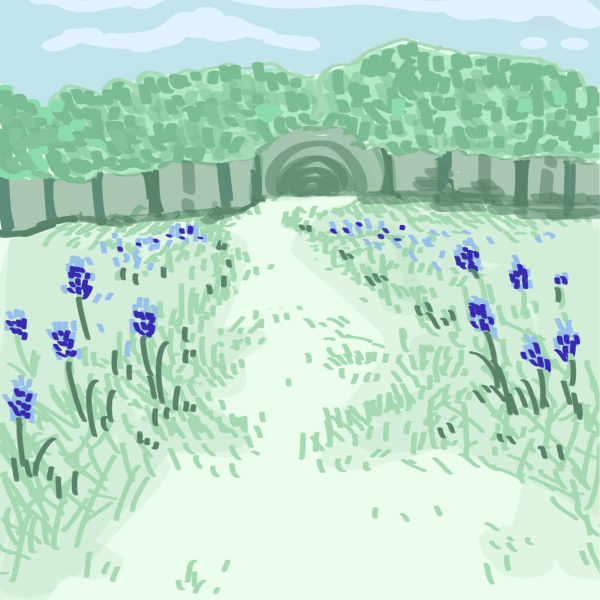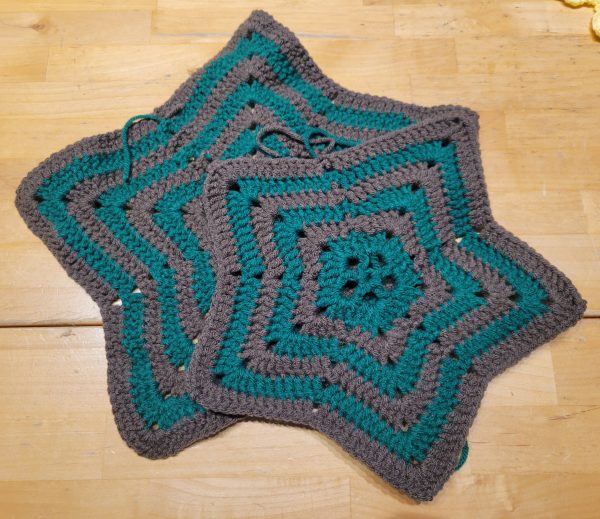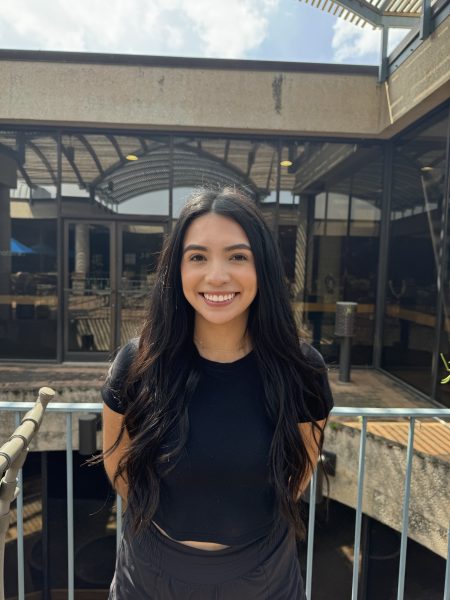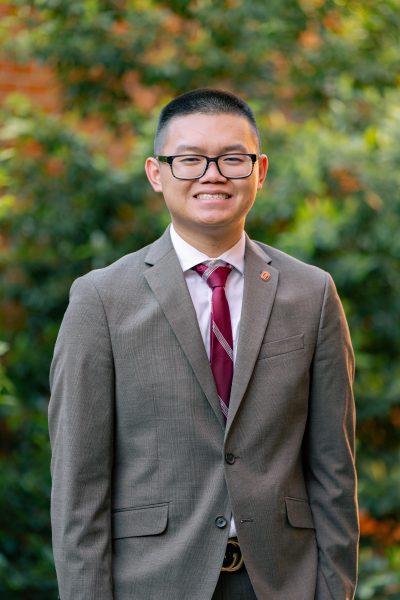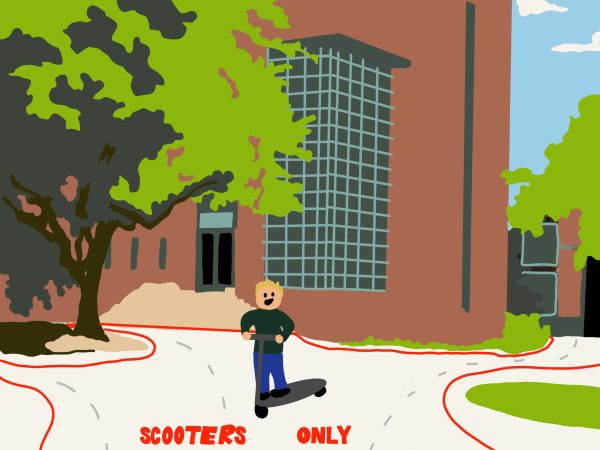Stop, smell the roses and maybe pick up a cool rock too
Senior Maia Dystra discusses everything from her Earth Day to her time at Trinity
Maia Dykstra, senior ecological and evolutionary biology and environmental geosciences double-major, has a love for rocks. Dykstra started out with ecological and evolutionary biology early in her sophomore year because of her persistent interest in biology. Later, she added on environmental geosciences because it addressed ecologically relevant systems in the natural world which aren’t really covered in Trinity’s biology program.
As the semester rapidly draws to a close, Dykstra reflected on the peaks and valleys of her time at Trinity, and especially how they allowed her to grow.
“Despite challenges I have encountered in my time here, I know that I have grown immensely as a person, and I have had experiences with my friends and teammates that I will happily look back on for the rest of my life. Trinity has become my home in the last four years and I know I’m going to miss it,” Dykstra said.
When asked to share her story, Dykstra was enthusiastic to share what nature means to her. According to Dykstra, Earth Day is a reminder of how much she enjoys wild places. Dykstra grew up in eastern Washington, and she found that it is a bit harder to access nature in San Antonio but noticed that there are still a lot of opportunities to spend time outdoors.
“Although there’s always a lot going on, at the very least I try to take some time during the day to enjoy being outside. Nature means the things you can see, touch and otherwise experience that humans didn’t make.” Dykstra said.
Dykstra hopes to apply ecological research to the conservation and management of endangered species and natural spaces with a marine ecology focus after Trinity. She is also interested in starting conversations to bridge the gap between how rural areas and urban areas think about ecological management issues. Trinity’s environment and resources allowed her to explore her interests and develop a stronger idea of what she wants to do later on.
“I enjoy learning and researching just for the sake of discovery, but there is more meaning when I can find a new finding that can be applied to solving a problem. There’s a lot of unnecessary conflict that delays solutions when people involved don’t understand the ways in which others from different backgrounds are also stakeholders,” Dykstra said.
Dykstra said that the most interesting thing she has learned at Trinity was that everything with bones is a fish (including you), but not all fish have bones. In addition, her best piece of advice has been,
“While we do make some pretty awesome stuff, there is nothing quite like experiencing the natural world,” Dykstra said. “Watch a bird, pick up a cool rock, touch grass. It’s worth doing. Stop to pet the Trinicats, they deserve it and so do you.”
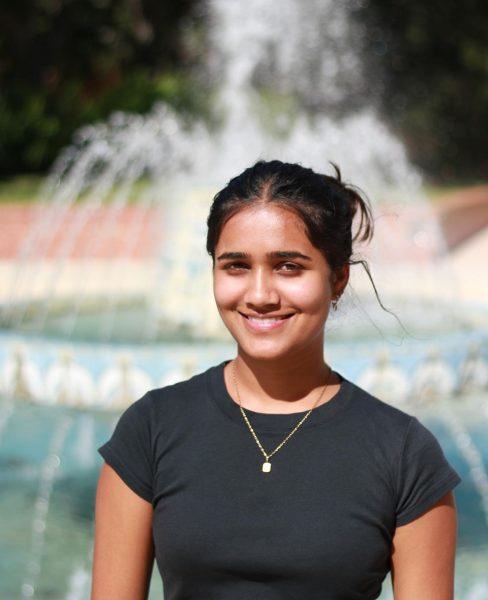
Hi, my name is Malika and I am a pulse reporter! I am a junior majoring in HRM Business and minoring in Psychology, and my pronouns are she/her. A fun...

